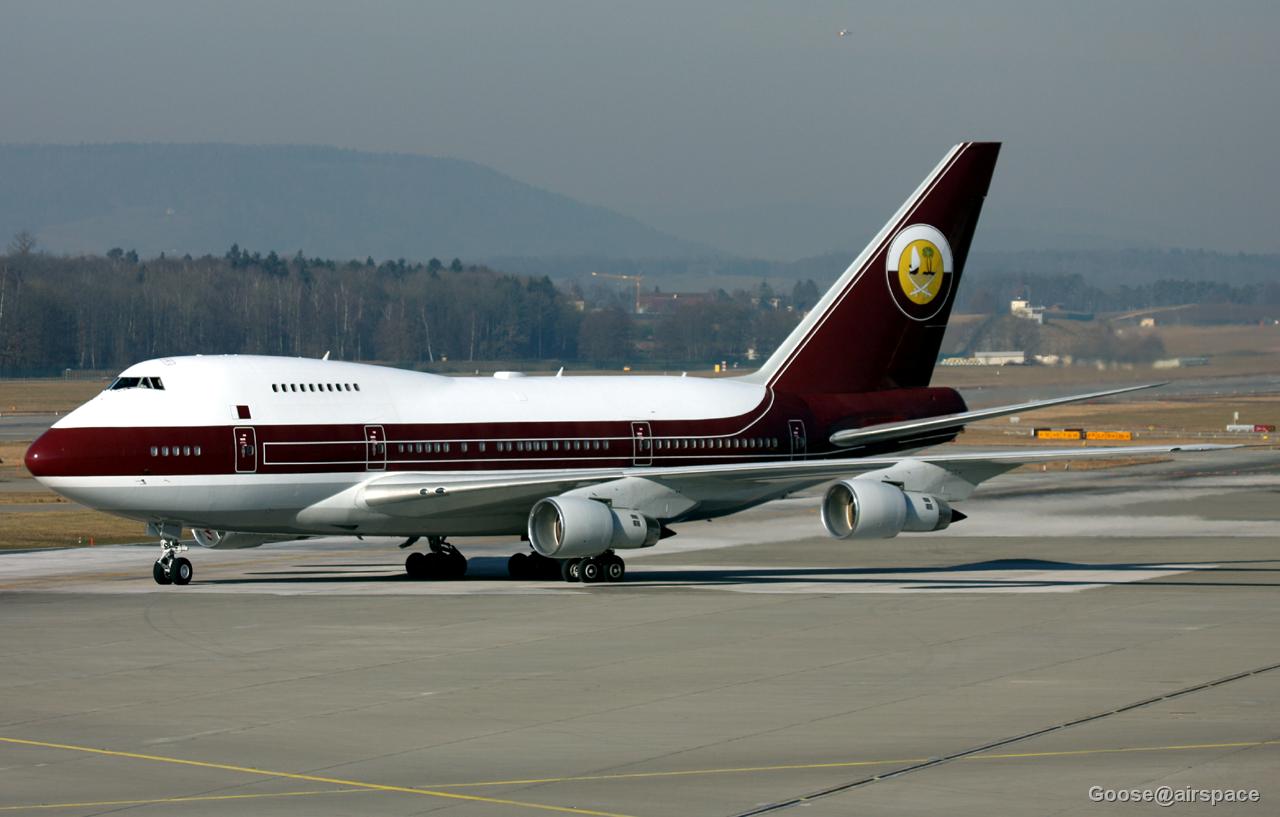Boeing 747-8 Jumbo Jet: Queen of the Skies in a New Era

Ever wondered what it's like to fly on the largest version of the iconic "Queen of the Skies"? The Boeing 747-8 Jumbo Jet, the latest and most advanced iteration of the legendary 747 family, continues to command attention in the aviation world. This colossal aircraft, with its distinctive hump and unparalleled passenger capacity, represents a pinnacle of engineering and a testament to the enduring appeal of large-scale air travel.
The 747-8 Jumbo Jet embodies a powerful blend of tradition and innovation. It builds upon the legacy of its predecessors, incorporating cutting-edge technologies and design improvements to deliver enhanced performance, efficiency, and passenger comfort. This article delves into the fascinating story of the 747-8, exploring its evolution, capabilities, and the significant role it plays in global aviation.
From its inception, the Boeing 747 has captivated the public's imagination. The 747-8 Jumbo Jet takes this iconic design to new heights, literally. It offers greater passenger and cargo capacity, improved fuel efficiency, and reduced noise levels compared to earlier models. These advancements have solidified its position as a crucial asset for airlines seeking to maximize their operational effectiveness on long-haul routes.
But what makes the 747-8 Jumbo Jet truly stand out? Its sheer size and impressive capabilities are only part of the story. The aircraft's advanced wing design, new engines, and updated flight deck contribute to a superior flying experience for both passengers and crew. Its ability to transport large numbers of people and significant cargo volumes makes it a vital link in the global transportation network.
Understanding the significance of the Boeing 747-8 Jumbo Jet requires a look back at the history of the 747 program. The original 747, often referred to as the "Jumbo Jet" or "Queen of the Skies," revolutionized air travel when it first entered service in 1970. The 747-8, as the latest variant, carries forward this legacy, incorporating decades of advancements in aviation technology to meet the demands of the modern air travel market.
The 747-8 program was launched in 2005, with the first 747-8 Freighter entering service in 2011, followed by the 747-8 Intercontinental passenger version in 2012. A key driver for the development of the 747-8 was the need for a more fuel-efficient and environmentally friendly aircraft. The new GEnx-2B engines and aerodynamic refinements significantly reduce fuel consumption and emissions compared to older 747 models. However, declining demand for very large aircraft (VLAs) led Boeing to announce the end of 747 production in 2022, with the final aircraft delivered in early 2023.
One of the main benefits of the Boeing 747-8 is its increased capacity. The Intercontinental version can carry up to 467 passengers in a typical three-class configuration, while the Freighter version boasts an impressive cargo capacity. Another advantage is its improved range, allowing airlines to connect distant cities without refueling stops. Lastly, the 747-8 features a more modern and comfortable cabin, enhancing the passenger experience.
Examples of 747-8 operators include Lufthansa, Korean Air, and Air China for the passenger version, and UPS and Cargolux for the freighter version. Lufthansa has used the 747-8i on its flagship routes, benefiting from its increased passenger capacity and enhanced cabin comfort. Cargolux operates a large fleet of 747-8 Freighters, utilizing the aircraft's vast cargo hold for transporting oversized and heavy shipments worldwide.
Advantages and Disadvantages of the Boeing 747-8 Jumbo Jet
| Advantages | Disadvantages |
|---|---|
| Increased Passenger and Cargo Capacity | High Operating Costs |
| Improved Fuel Efficiency (compared to older 747s) | Limited Airport Compatibility due to Size |
| Extended Range | Declining Demand for Very Large Aircraft |
| Modern and Comfortable Cabin |
Frequently Asked Questions:
Q: What is the difference between the 747-8i and the 747-8F?
A: The 747-8i is the passenger version, while the 747-8F is the freighter version.
Q: How many passengers can the 747-8i carry?
A: It can carry up to 467 passengers in a typical configuration.
Q: When was the last 747-8 produced?
A: 2023
Q: Which airlines operate the 747-8i?
A: Several airlines, including Lufthansa, Korean Air and Air China.
Q: What are the main advantages of the 747-8?
A: Increased capacity, improved fuel efficiency, and extended range.
Q: Why is the 747 called the "Queen of the Skies"?
A: Due to its size and iconic design.
Q: What engines does the 747-8 use?
A: GEnx-2B engines.
Q: Is the 747-8 still in production?
A: No, production ended in 2023.
The Boeing 747-8 Jumbo Jet, despite the end of its production run, remains a remarkable feat of engineering and a testament to the enduring appeal of the Queen of the Skies. While its future active service remains to be seen, it undeniably holds a special place in aviation history. Its impressive capacity, improved efficiency, and extended range have made a significant contribution to global air travel. The 747-8 Jumbo Jet showcases the evolution of aviation technology and stands as a symbol of innovation and the continuing quest for bigger, better, and more efficient air travel. Its legacy will continue to inspire future generations of engineers and aviation enthusiasts, ensuring the Queen of the Skies lives on in memory and in the annals of aviation history.
Remembering william ellis a guide to obituaries
Decoding your car battery voltage
The enchanting world of celebrated greek opera vocalists













